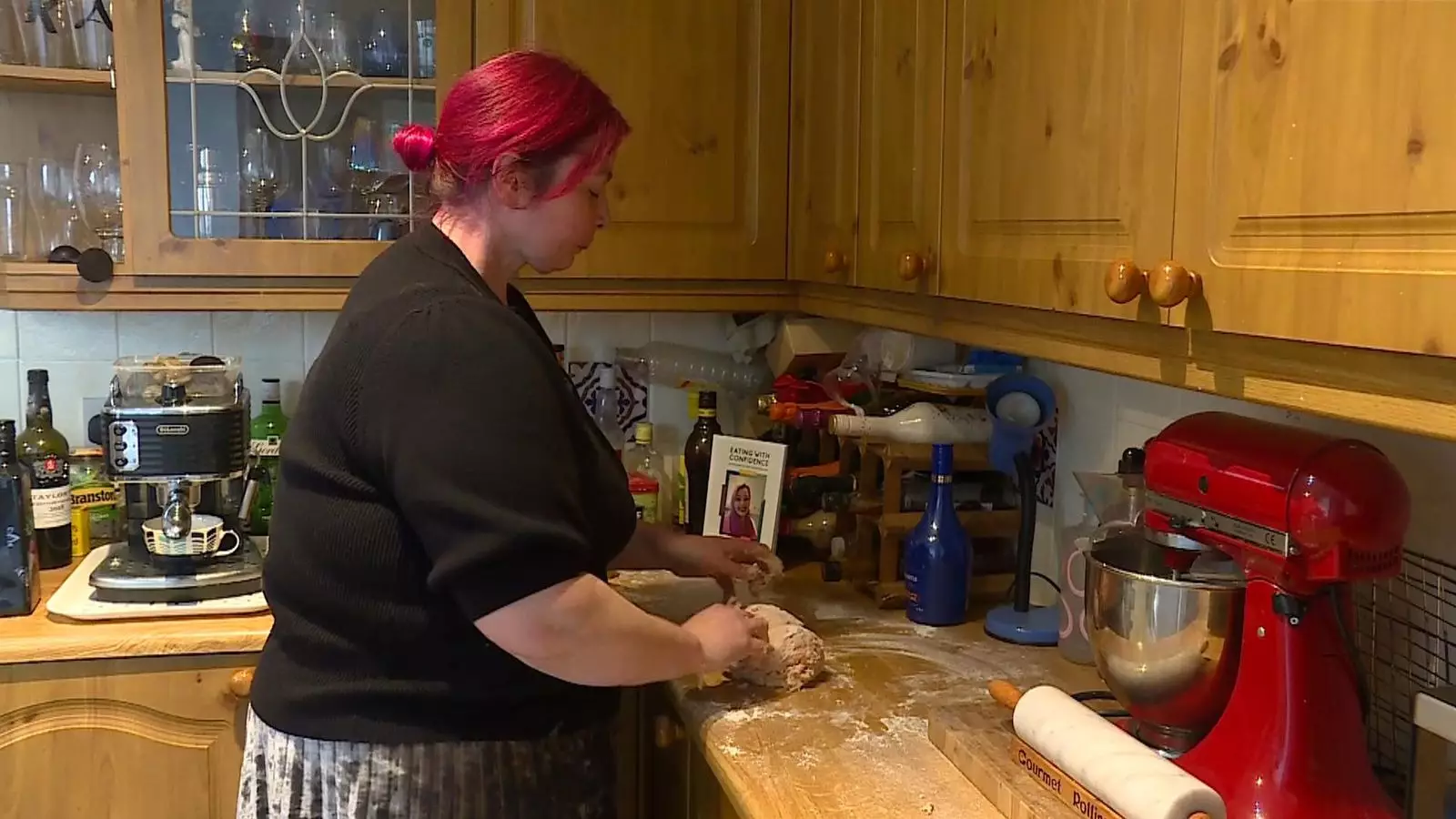Laura Marston’s love for food, particularly cooking and baking, once defined her identity. However, her world was turned upside down in 2019 when she received a daunting diagnosis of mouth cancer. This announcement not only signified a personal battle but also highlighted a grim trend: mouth cancer cases in the UK reached an alarming milestone of over 10,000 last year, breaking previous records. The Oral Health Foundation revealed that cases have surged by 133% over the past two decades, a statistic that signals an urgent public health issue. Unfortunately, the disease does not discriminate; it has already claimed the lives of 3,637 individuals across the nation in just one year.
The Painful Path to Diagnosis
Laura’s ordeal began when she displayed concerning symptoms. Despite her proactive measures in consulting with several healthcare professionals, the diagnosis took an agonizingly long time, stretching over months. By the time she received confirmation, the situation had escalated to a point where her tongue, the vital organ for tasting and speaking, was beyond saving and had to be surgically removed. Laura described this time as “brutal,” facing the prospect of redefining her relationship with food and speech. “I was told I wouldn’t speak again, I would never eat again, I would have to have a fitted tube,” she disclosed, revealing the harsh reality of her condition.
In the aftermath of her diagnosis and surgery, Laura was faced with the monumental task of learning to eat and speak from scratch. This was no easy feat; eating became a meticulous planning process, filled with anxiety and caution. Due to the absence of her tongue, simple meals transformed into complex challenges for her. “I can’t just grab a meal. I have to plan, I have to have a lot to order. It’s scary,” she admitted. The risk of choking loomed large, adding an extra layer of stress to an activity that most of us take for granted.
Laura’s journey is not only personal but also serves as a rallying cry for increased awareness of mouth cancer. Statistics indicate that approximately 31% of cases occur on the tongue, with others affecting the tonsils, lips, gums, and various other oral regions. Dr. Nigel Carter OBE, the chief executive of the Oral Health Foundation, emphasized the alarming rise in cases, stating the necessity of public awareness surrounding symptoms and risk factors such as smoking, excessive alcohol consumption, and a concerning increase in cases linked to the human papillomavirus (HPV). The disease primarily afflicts men, particularly those over the age of 50, representing over 90% of cases.
The urgency of early detection cannot be overstated. Dr. Carter lamented the frequency with which mouth cancer is diagnosed at advanced stages, stating, “This needs to change.” The need for public education regarding self-examinations, such as monitoring for unusual patches or lumps, becomes paramount. It is critical that individuals are empowered to recognize warning signs that could lead to early diagnosis, significantly impacting outcomes.
Amidst these alarming statistics, government officials acknowledge the struggle facing the UK’s National Health Service (NHS). A representative stated, “This government has inherited a broken NHS, with higher cancer mortality rates than other countries.” Steps are being taken to mend these issues, with plans for more cancer screenings and a stronger emphasis on prompt diagnosis and treatment to enhance survival rates.
In her resilience, Laura decided to channel her experiences into a project that transcends her challenges. She authored a cookbook aimed at facilitating enjoyable mealtime experiences for others who might face similar struggles. This initiative embodies hope and a sense of community, proving that even after facing dire circumstances, individuals can find ways to thrive and inspire others. In sharing her story, Laura not only illuminates the battle against mouth cancer but also emphasizes the importance of support, awareness, and the tenacity of the human spirit.


Leave a Reply